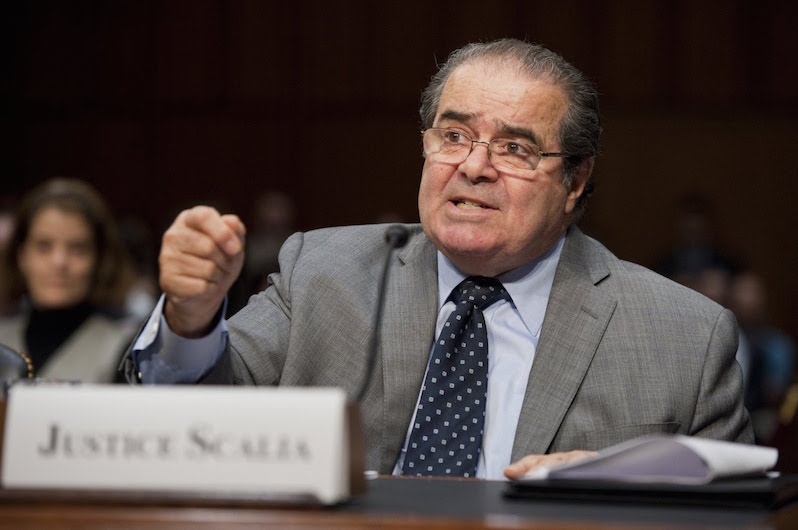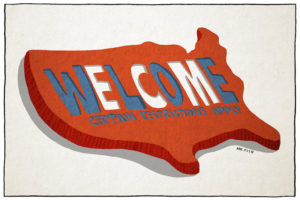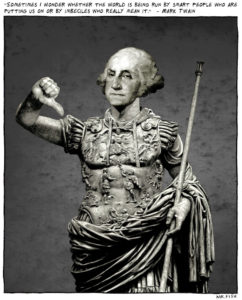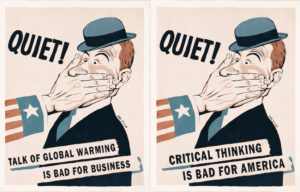Antonin Scalia and the Clear and Present Danger of Second Amendment Fundamentalism
The late Supreme Court justice, having bestowed the Constitution's blessing on personal gun rights, bears responsibility for our collective impotence in response to the madness of gun violence in America. Antonin Scalia, a Supreme Court justice from 1986 until his death in February, brought an incendiary temperament to the bench. (YouTube)
1
2
Antonin Scalia, a Supreme Court justice from 1986 until his death in February, brought an incendiary temperament to the bench. (YouTube)
1
2

Antonin Scalia, a Supreme Court justice from 1986 until his death in February, brought an incendiary temperament to the bench. (YouTube)
Independent journalism is under threat and overshadowed by heavily funded mainstream media.
You can help level the playing field. Become a member.
Your tax-deductible contribution keeps us digging beneath the headlines to give you thought-provoking, investigative reporting and analysis that unearths what's really happening- without compromise.
Give today to support our courageous, independent journalists.





You need to be a supporter to comment.
There are currently no responses to this article.
Be the first to respond.